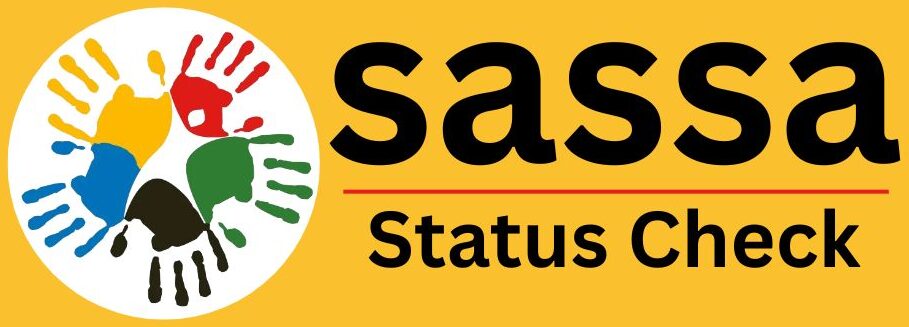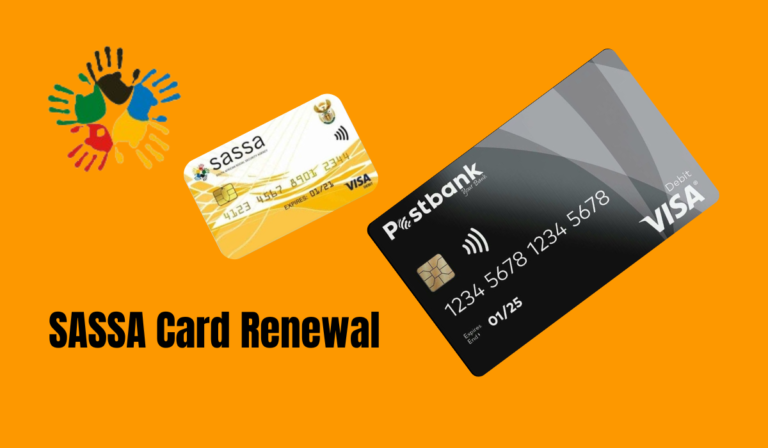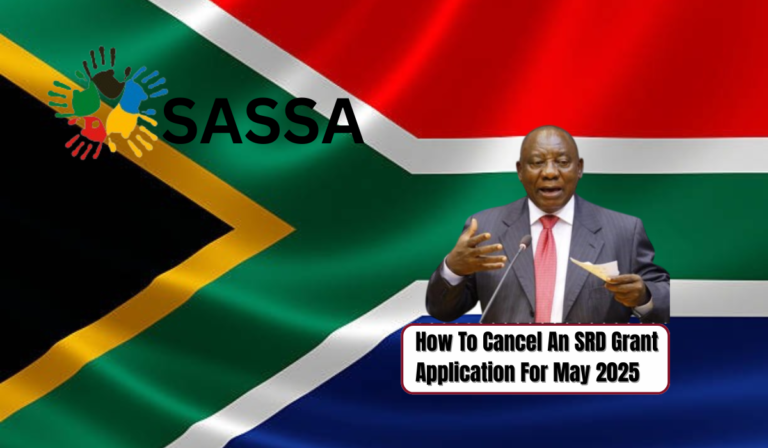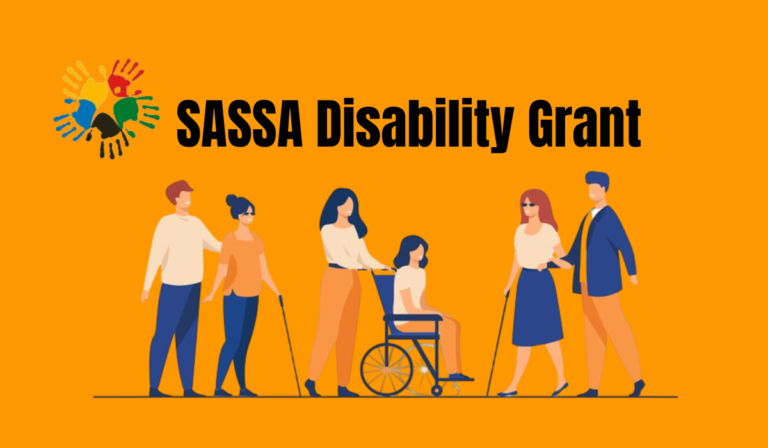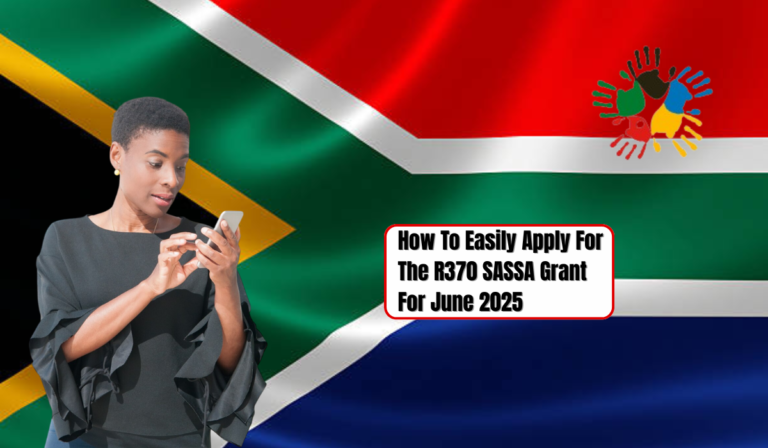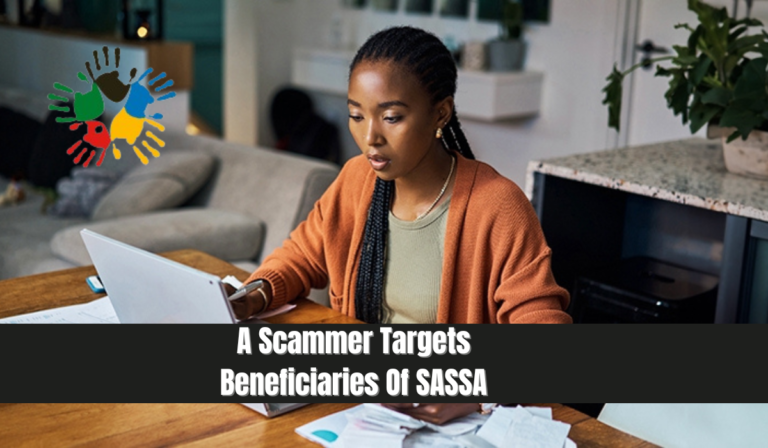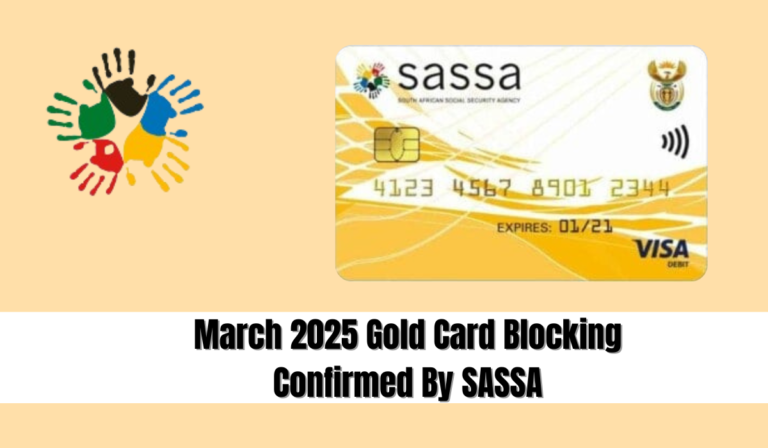SRD Grant Will Become A Basic Income Grant
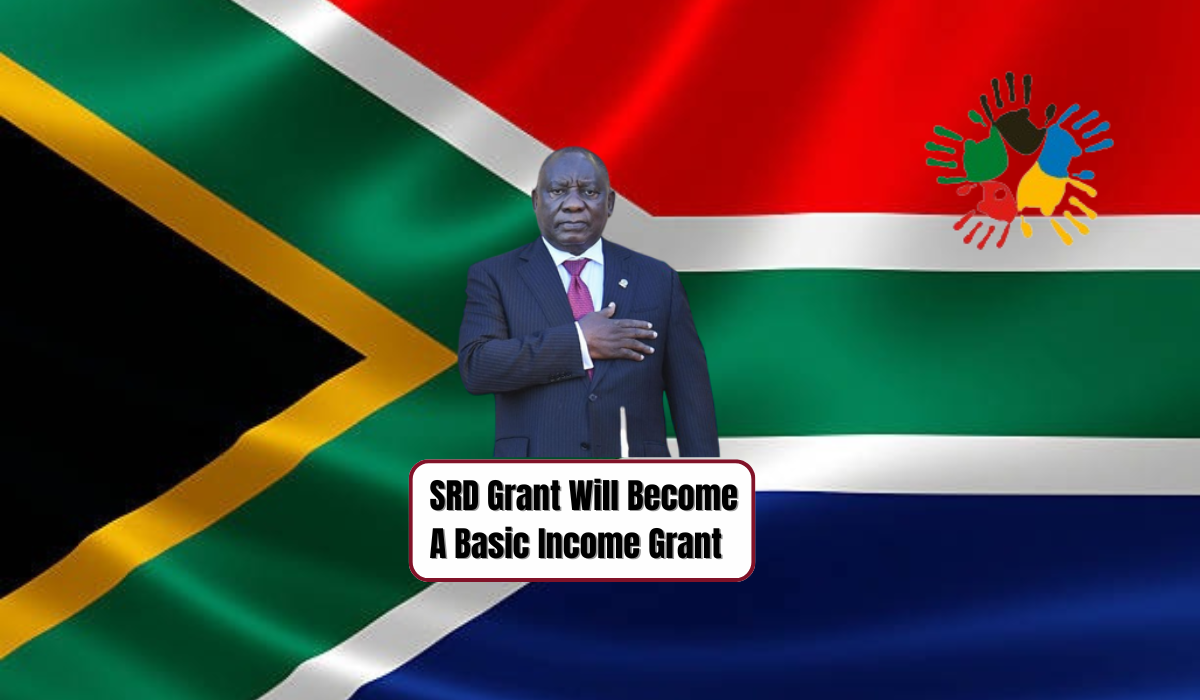
SRD Grant Will Become A Basic Income Grant. The South African government is on the brink of a major policy shift that could redefine financial support for millions of its citizens. The Social Relief of Distress (SRD) Grant, a vital safety net for unemployed adults, is set to evolve into a more structured and permanent form of assistance the Basic Income Grant (BIG). This development marks a pivotal moment in South Africa’s social welfare history, with broad implications for poverty reduction, employment, and economic dignity.
From SRD Grant to Basic Income Grant
The SRD Grant, currently set at R370 per month, was introduced as a temporary relief measure in response to the economic strain caused by the COVID-19 pandemic. It remains the only government-funded aid accessible to unemployed adults without dependents.
However, a transformation is underway. ANC Secretary General Fikile Mbalula, during a public event at Freedom Park in Soweto, announced that the SRD Grant would soon be converted into a Basic Income Grant (BIG). While the grant amount will remain the same, its purpose and structure will shift to provide more enduring support to those seeking employment.
“The SRD grant that President Ramaphosa gives you—the R350—will be maintained. But we’re going to change it so we can establish the Basic Income Grant. This will help you until you find a job, then move on so it can help others,” Mbalula explained.
This transformation aims to offer long-term assistance, particularly to South Africa’s youth and unemployed adults, enabling them to meet basic needs while actively pursuing job opportunities.
What Is the Basic Income Grant (BIG)?
The Basic Income Grant is a proposed financial support system that guarantees a minimum income to all unemployed individuals, regardless of their employment history or personal circumstances. Unlike temporary relief schemes, BIG is designed to:
- Provide a universal and permanent safety net
- Promote economic dignity
- Stimulate inclusive economic growth
- Reduce chronic poverty and inequality
| Feature | SRD Grant | Basic Income Grant (Proposed) |
|---|---|---|
| Value per month | R370 | R370 (initially, with potential increase) |
| Duration | Temporary | Permanent |
| Target group | Unemployed adults | Broader coverage for all adults |
| Eligibility | Means-tested | Proposed to be universal |
| Objective | Short-term relief | Long-term poverty reduction |
Why Is the Shift to Basic Income Grant Important?
South Africa grapples with one of the highest unemployment rates globally. With limited job creation and high living costs, the absence of a consistent income plunges millions into poverty. By converting the SRD Grant into a Basic Income Support mechanism, the government aims to:
- Stabilize household incomes
- Support job-seeking efforts
- Reduce dependence on informal or exploitative work
- Foster social cohesion and reduce crime driven by desperation
Reactions from Civil Society: Black Sash’s Call for Genuine Reform
Black Sash, a prominent human rights advocacy organization, welcomed the move but emphasized that the Basic Income Grant must not be a simple renaming of the SRD grant.
“The transition must not be a repackaged or renamed SRD grant,” stated Black Sash. “We need a universal, accessible, and adequate Basic Income Grant that truly meets the basic living needs of South Africans.”
The organization also highlighted that the current grant amount, R370, is still below the food poverty line and is inadequate to ensure human dignity or a decent standard of living.
Black Sash’s Recommendations for a Stronger Basic Income Grant
To ensure that the Basic Income Grant effectively uplifts citizens, Black Sash outlined a series of action points for the South African government:
- Develop a clear roadmap and timeline for implementation of the Basic Income Grant.
- Fix administrative inefficiencies that result in unfair SRD grant rejections.
- Raise the grant amount to meet or exceed the upper-bound poverty line.
- Ensure sustainable financing without reducing budgets for other essential social services.
- Improve transparency and accountability in payment systems, particularly within SASSA and the National Treasury.
“We are ready to engage with policymakers to make this vision a reality – one where everyone has the means to live in dignity,” declared the organisation.
Historical Background of the Basic Income Grant in South Africa
The concept of a Basic Income Grant is not a recent innovation. It was first proposed in 1998 during the Presidential Jobs Summit, followed by strong endorsements from the Taylor Committee in 2002. The committee recommended a universal monthly income grant of R100 per person, noting its potential to reduce inequality and stimulate economic activity.
Despite strong support from civil society and economic think tanks, the idea saw little progress until the COVID-19 pandemic reignited discussions on income support.
The Resurgence of BIG Post-2020
In 2021, the Department of Social Development (DSD) commissioned an in-depth feasibility study on BIG. The study laid the groundwork for a phased implementation strategy, starting with grants aligned to the Lower-Bound Poverty Line.
Findings from the BIG Study
The study offered several key insights into the viability of a Basic Income Support framework:
- BIG would not undermine existing welfare programmes or disrupt South Africa’s fiscal health.
- It should be integrated into a broader poverty-reduction framework.
- Progressive taxation mechanisms, including wealth taxes and financial transaction levies, could fund BIG.
- Combining BIG with wage subsidies and public employment programs can stimulate job creation and economic growth.
Future of Basic Income Support (BIS) in South Africa
The Department of Social Development has confirmed that nationwide consultations are currently underway to gather public input on the Basic Income Support (BIS) initiative.
These consultations are expected to:
- Assess public support and gather feedback on implementation models
- Help shape legislative frameworks required for BIG
- Define eligibility criteria, payment infrastructure, and funding strategies
The aim is to develop a support system that is inclusive, responsive, and sustainable, serving the evolving needs of a modern South African society.
Challenges Ahead
While the proposal is commendable, implementing a Basic Income Grant in South Africa comes with challenges:
- Funding: Identifying reliable and non-regressive funding sources remains the most significant hurdle.
- Corruption and mismanagement: Ensuring clean governance and transparent disbursement through SASSA will be critical.
- Targeting versus universality: Policymakers must decide whether to limit the grant to the unemployed or extend it universally.
- Inflation control: Any cash injection at scale must be accompanied by mechanisms to avoid price hikes that erode purchasing power.
The Road Ahead
The shift from the SRD Grant to a full-fledged Basic Income Grant reflects the government’s broader commitment to inclusive economic recovery and social justice. For millions living on the margins, this could mean the difference between survival and sustained dignity.
But success will require political will, public trust, efficient systems, and a long-term vision rooted in economic rights. Organizations like Black Sash, academic researchers, and grassroots communities must be included in every step of this transition.
Conclusion
The conversion of the SRD Grant to a Basic Income Grant is more than just a policy change it is a bold step toward ending systemic poverty in South Africa. While the path forward will require careful planning and broad consultation, the destination is clear: a society where no one is left behind due to economic hardship.
